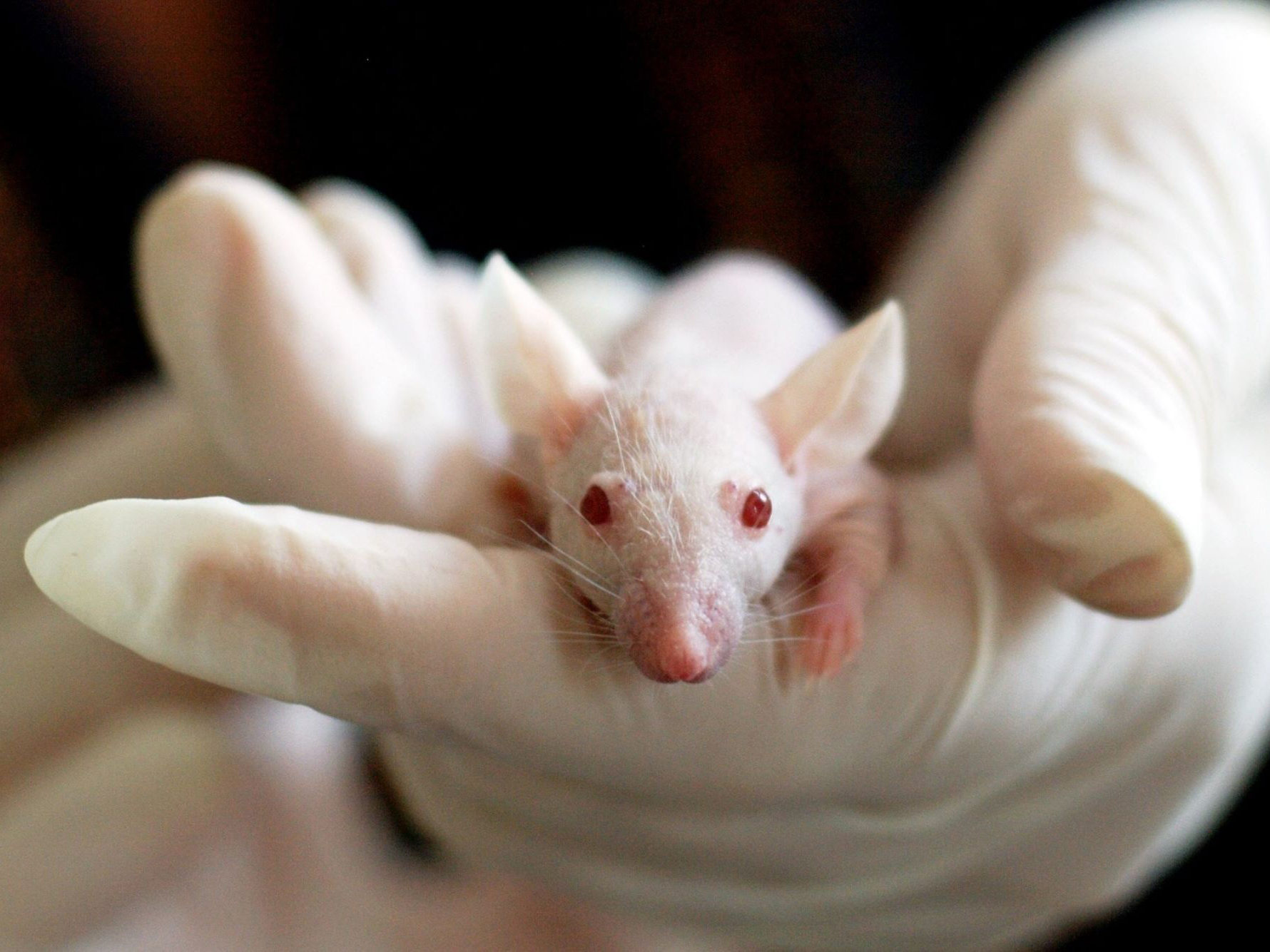Science and Ethics
Conversations and Community Series
Overview
No science background necessary! Following on the AAAS-funded science series from last year, these sessions will explore scientific topics and the "So what?" ethical questions they invite. Stay for chapel and lunch for more discussion time with the leader.
The six-part series is open to full or individual date subscriptions. Sessions include content provided by the presenter and discussion. Following the morning sessions, participants are invited to chapel (11:30 a.m.) and lunch for further discussion. Event leaders will be available during lunch until approximately 1:30 p.m.
Conversations will be held one Wednesday each month from October-December 2018 and February-April 2019.
Upcoming Session Theme and Leader
April 10, 2019, 9:30 a.m.-1:30 p.m. / Medicine and Human Flourishing: Building Systems to Ensure that Medical Technology Serves a Purpose Greater than Mere Survival / Daniel E. Hall, Associate Professor of Surgery, University of Pittsburgh School of Medicine
Medical technology has never been more powerful to preserve and maintain mere life in which the human machine circulates blood, digests food, and maintains a balance between organ systems. Yet the mechanical metaphor gives no account of a life well-lived, and the purpose for which the machine might run is obscured by the metrics of success that guide physicians, researchers, and hospital administrators. The difference between a life that merely survives and life that flourishes is obvious at the extremes, but the challenge of medical practice is to discern in real time when the machines stop serving the body (and the body starts serving the machines). Surgeon, priest, and health services researcher the Rev. Dr. Daniel Hall has lived and worked at the interface between theology, moral philosophy, and medicine for more than 25 years. In this session, he will explore the limits of contemporary medicine and emerging strategies to reorient medical care so that it more often fosters flourishing rather than mere survival.
Registration / Directions / CEUs
Fee: FREE, however, registration is strongly encouraged so we can plan location and refreshments accordingly.
Directions to the Seminary. Free parking is available behind the chapel and library on the Seminary campus.
CEUs: 0.2 for each session; Certificate available upon request
Questions
E-mail or call 412-924-1345.
Past Sessions
Oct. 10, 2018, 9:30 a.m.-1:30 p.m. / The Quality of the Air We Breathe / Mark Dixon, Filmmaker and Public Speaker, Blue Lens, Pittsburgh, Pa
How is it possible that Allegheny County received straingt "F" scores in 2017 for air quality from the American Living Association more than 60 years after the Allegheny Countery Health Department was founded? Mark Dixon will explore our air quality broadly and as it relates specifically to Allegheny County. Mark will also discuss the methods he uses as an air quality citizen scientist and the implications of his findings and research across this frontier.
Nov. 9, 2018, 9:30 a.m.-1:30 p.m. / Artificial Intelligence and Robotics: Trust, Ethics, and Identity / David Danks, Professor of Philosophy and Psychology, Carnegie Mellon University
Artificial intelligence (AI) and robotic systems are impacting our lives in numerous ways. While they can provide significant benefits, they can also pose significant ethical challenges. We will consider a range of ways in which AI/robots change the ways we think about core questions of trust, right actions, personal identity, and what it means to be human.
Dec. 5, 2018, 9:30 a.m.-1:30 p.m. / Harry Potter and Genetics / Peter R. Blier, Pediatric Rheumatologist, Shriners Hospitals for Children, Springfield, Mass., and Assistant Professor of Pediatrics, University of Massachusetts Medical School - Baystate
Genetics plays a surprisingly important role in the Harry Potter series. Using modern genetics, a series of publications by medical scientists has examined the basis of inheritance of magical ability in the world of Harry Potter. The existence of this scholarly literature provides an opportunity for readers interested in Harry Potter to learn about this branch of science and to explore the ways in which the lack of understanding of genetics leads to many mistaken beliefs and actions by individuals-- not just the “pureblood”-focused such as Lord Voldemort, but even “rightthinking” wizards such as Ron Weasley, Professor Lupin, and even Harry himself!
Feb. 6, 2019, 9:30 a.m.-1:30 p.m. / Engaging Low-Income Communities in Ethical and Responsible Research, Clinical Trials, and Public Health Interventions / Ivan Juzang, Founder and President, MEE Productions Inc., Philadelphia, Pa.
Mr. Juzang's company, MEE (Motivational Educational Entertainment) Productions, Inc., focuses on how to conduct ethical and responsible public health research. He will be talking with us about MEE's approach to addressing the health disparities that impact low-income communities affected by high levels of chronic trauma.
March 13, 2019, 9:30 a.m.-1:30 p.m./ What Does It Mean to be an Alien/Invaded?: An Eco-Evolutionary Perspective / Susan Kalisz, Head and Professor of Ecology and Evolutionary Biology, University of Tennessee-Knoxville
Communities are groups of species or individuals linked by a network of interactions ranging from positive (e.g., mutualistic, symbiotic) to neutral to negative (e.g., parasitic, competitive, pathogenic). When alien species invade a community, links in the network are altered. The concepts of alien and invasion will be considered from the community and alien perspective, in light of ecological and evolutionary theory.


